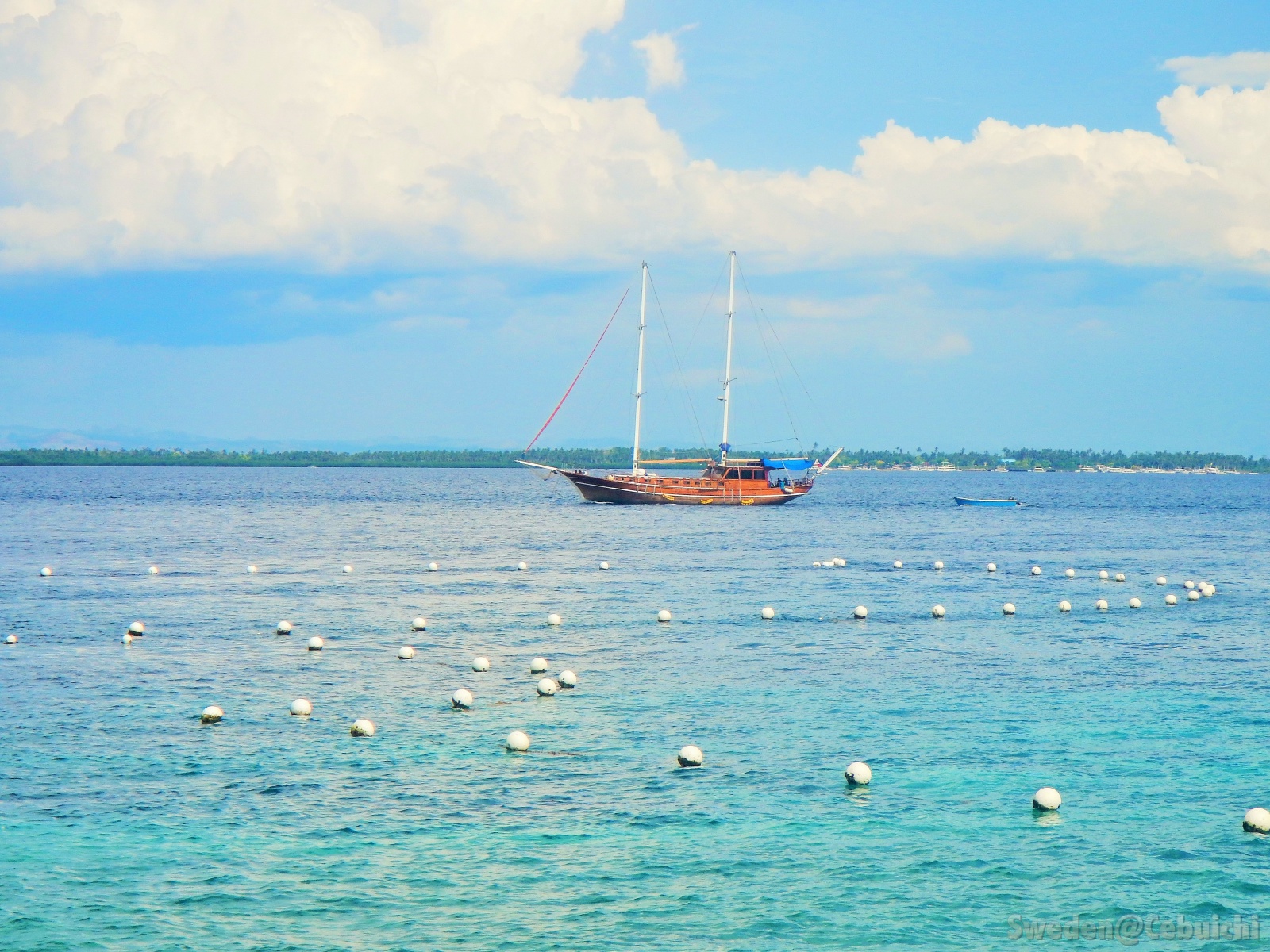
Have you ever wondered where the name, “Cebu,” came from? Or what it means?
Here’s a retelling of the story told in a book by Cebuano, Pablo S. Tinga.
“Cebu” actually came from a word which means, “animal fat.” But that
meaning definitely doesn’t have anything to do with the province of
Cebu (except if you allude it to the famous lechon, which is a roasted pig
with delectable fats;however, that even wouldn’t be a fitting representation
for what Cebu is). It was a product of misunderstanding between the Spanish
men of Magellan and the Cebuanos in the year 1521.
At the time of Magellan’s arrival, April 7, 1521, Cebu was a vibrant fishing
village. One day, some of Magellan’s men were just taking a walk around the
village when they started to ask what the name of the village was from a native
nearby. This native was busy greasing the keel of his fishing boat with animal
fat. Thinking that the Europeans were referring to the animal fat he was using
as lubricant, he said in reply, “sebu.” From then on, this word became the name
for the island we now know as “Cebu.”
It’s quite humorous, isn’t it? But this misinterpretation didn’t only happen to
Cebu. Recently, I read a blog entitled, “10 Unusual Origins of Place Names.”
Canada was one of them. French explorer Jacques Cartier was also conversing
with a native, and he also asked a similar question;he wanted to know about a
nearby village. The natives mentioned the word “kanata” as they tried to tell
him where the village was. But as the native was explaining, Cartier must have
gotten lost in the process of listening and eventually misunderstood the word
“kanata” to mean “the entire area ruled by the tribal chief.” (Actually,
“kanata” is just an equivalentof the word “village.”) “Kanata” then became the
basis of the name for the entire area that is now called “Canada.”
Now you know how Cebu got its name. However, as you may now also see, the name
doesn’t really define what Cebu is although it did give us a glimpse of one of
its sources of livelihood in the past. There is actually more to ancient Cebu,
and I will talk about that in a future blogpost. See you there!
References:
Tinga, Pablo S. (2009). Cebu: Yesterday, Today and Tomorrow.
[Location and Publisher to be followed.]
‘10 Unusual Origins Of Place Names’. Accredited Language 2010. Web. 3 July 2015.
Ops! Summer is here. Vacation is there. Adventure is everywhere. It’s another ti…
A freshly opened chain restaurant is now ready to serve us with a satisfying men…
They are time when, after a long day of doing some stuffs at the office, you hav…
Once you open your mind with different colors, you would create a meaning beyond…
It’s big and cool. Those are the simplest words to describe it. But it’s more th…
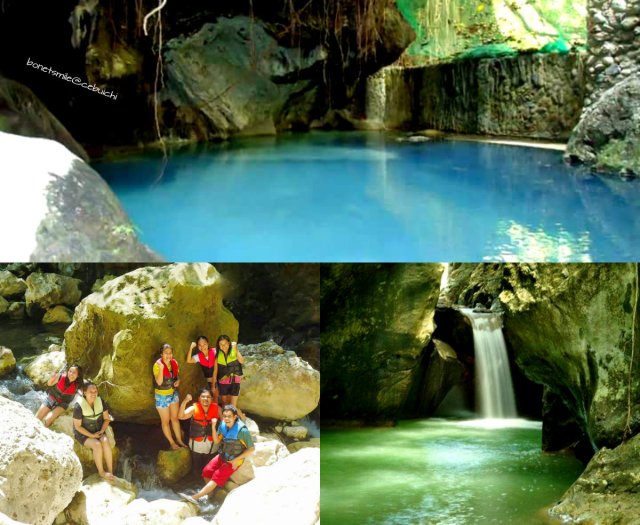
2016年3月15日 Esoy Hot Spring
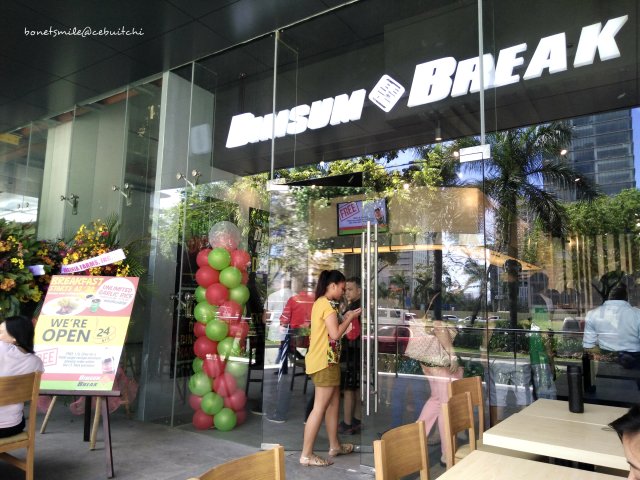
2016年3月15日 Dimsum Break @ IT park, C...
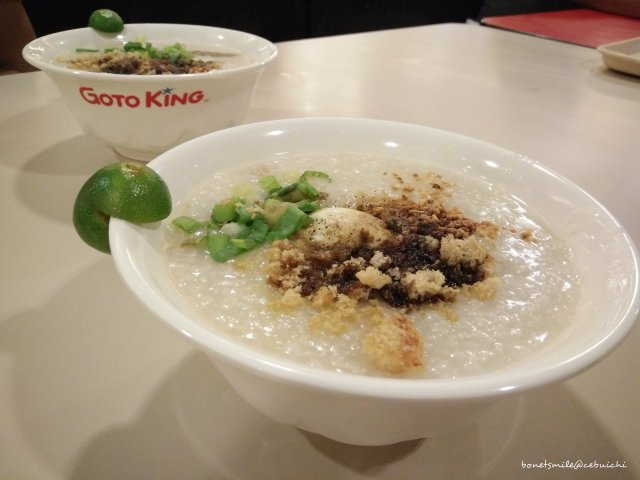
2016年3月15日 The Goto King’s Special C...
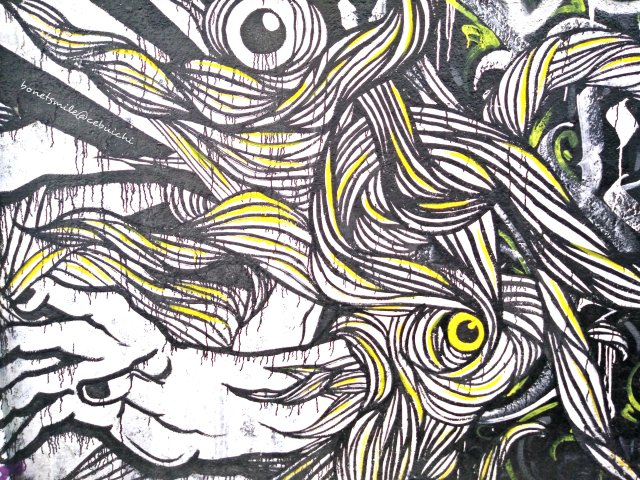
2016年3月15日 Cebu’s Street Art and its...
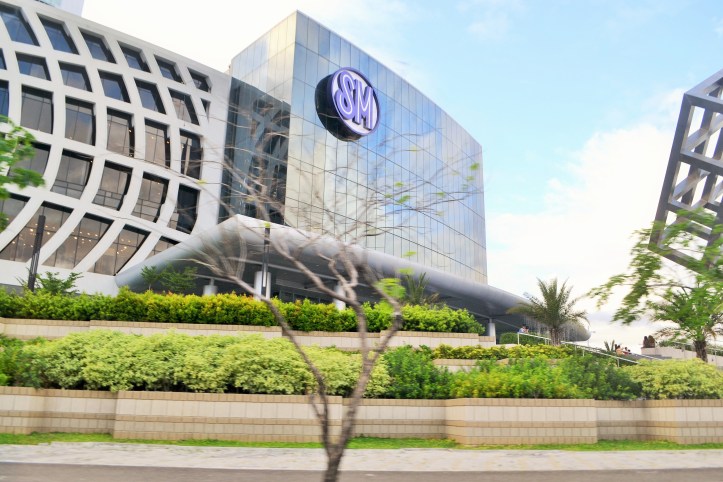
2016年1月18日 Take a peek into SM Seasi...